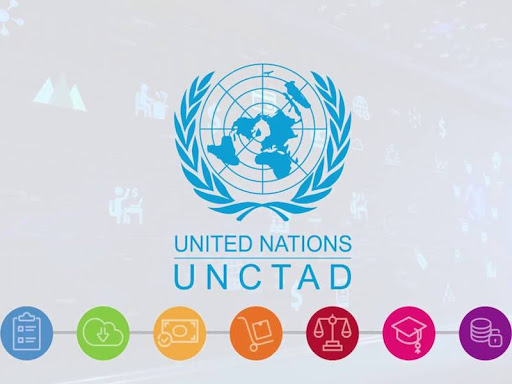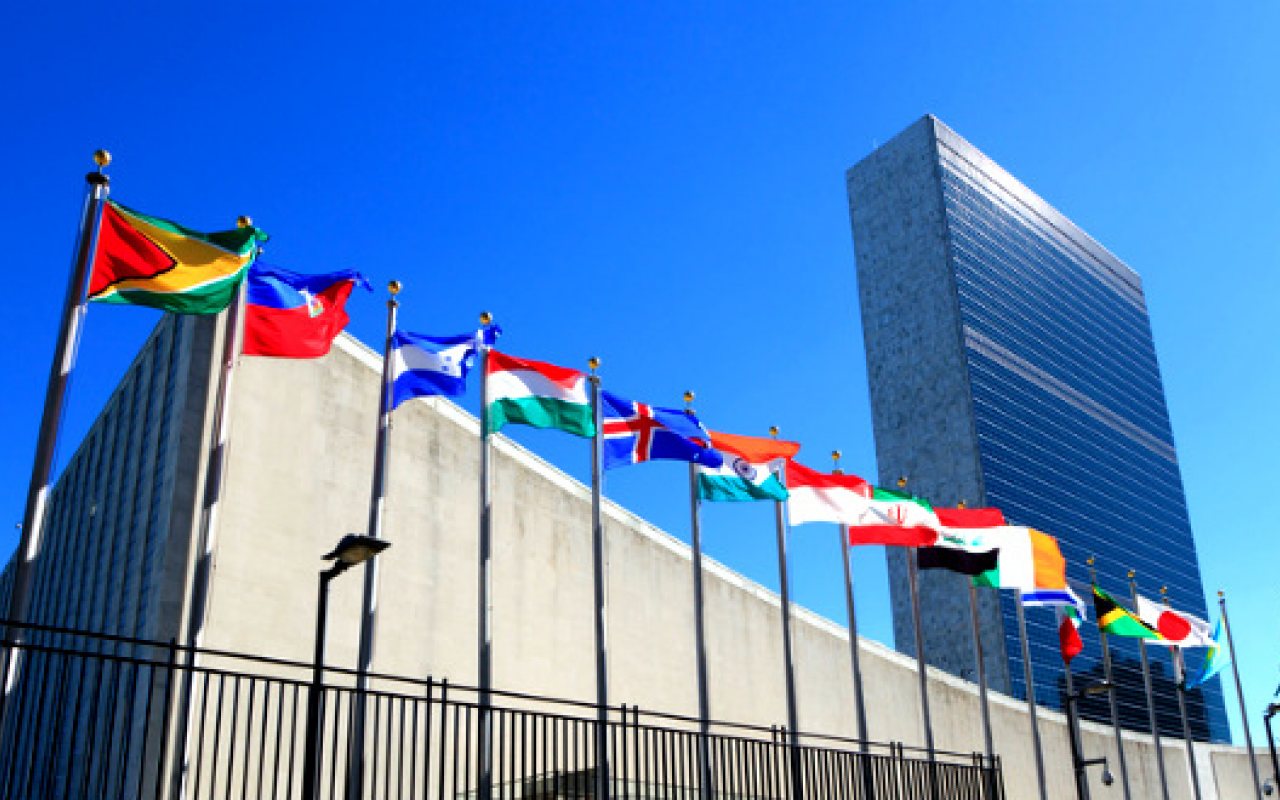Mauritius, South Africa And Tunisia Are Africa’s Top Three B2C Ecommerce Markets — UNCTAD
The small east African island of Mauritius is never tired of leading Africa in anything business. Despite receiving little to no attention from Africa-focused tech startup investors, the country is dominating Africa’s Business to Customer (B2C) ecommerce market, according to a recent B2C electronic commerce index released by the United Nations Conference on Trade and Development (UNCTAD). By the report, Mauritius leads the way across Africa, ranking 69th globally with a score of 58 out of 100. South Africa (73rd) is second, followed by Tunisia (77th). Algeria (80th) is in the fourth place, overtaking Ghana (81st), Libya (85th) and Kenya (88th). Nigeria (94th) shows a better capacity than Morocco (95th) and Senegal (99th).

“To facilitate more inclusive e-commerce, African countries would benefit from catching up in all policy areas. Compared with the 2019 index, there is no global change in the index value,” the report noted.
Here Is What You Need To Know
- The report said in 2019, an estimated 1.5 billion people, or 27 per cent of the world’s population aged 15 years and older, shopped online. This represented a 7 per cent increase over 2018. The proportion of those shopping online is much less in countries at low levels of income, it said.
- The report ranked 152 countries across four indexes, namely: 1) account ownership at a financial institution or with a mobile-money-service provider (% of population ages 15+) (Source: World Bank); 2) Individuals using the Internet (% of population) (Source: International Telecommunication Union, ITU); 3) Postal Reliability Index (Source: Universal Postal Union, UPU); 4) Secure Internet servers (per 1 million people) (Source: Netcraft retrieved from World Bank).
- The report noted that all of the top ten developing economies in the 2020 index are from Asia, and all are upper middle-income or high-income economies.
- The largest increases in index scores for some developing countries were mostly from Algeria, Ghana, Brazil and Lao PDR, which all saw their scores surge by at least five points largely due to significant improvements in postal reliability.
- Out of the 20 economies with the lowest value in the 2020 index, 18 are least developed countries (LDCs), with Congo and Syrian Arab Republic being the only non-LDCs in this group.
- Globally, landlocked Switzerland with four official languages takes the number one spot on the 2020 UNCTAD B2C e-commerce index. The confederation scores highly across all four dimensions of the index. Switzerland is closely followed by the Netherlands, Denmark, Singapore, United Kingdom, Germany, Finland, Ireland, Norway, China, and Hong Kong.
- The two largest B2C e-commerce markets in the world, China and the United States, rank 55th and 12th respectively in the index. Although both countries lead in several absolute measures, they lag in relative comparisons. For instance, the report noted that internet penetration in the United States is lower than in any of the economies in the top 10, while China ranks 87th in the world on this indicator. As for online shopping penetration, the United States ranks 12th while China takes the 33rd slot.
The Top 20 In Africa:
- Mauritius, 69th globally
2. South Africa, 73rd globally
3. Tunisia, 77th globally
4. Algeria, 80th globally
5. Ghana, 81st globally
6. Libya, 85th globally
7. Kenya, 88th globally
8. Nigeria, 94th globally
9. Morocco, 95th globally
10. Senegal, 99th globally
11. Namibia, 100th globally
12. Botswana, 104th globally
13. Gabon, 105th globally
14. Egypt, 109th globally
15. Tanzania, 110th globally
16. Cameroon, 111th globally
17. Uganda, 112th globally
18. Zimbabwe, 118th globally
19. Cote d’ivoire, 119th globally
20. Zambia, 120th globally
Read also: Cote D’Ivoire Launches A College Of Startups, Sets Up A $1m Startup Fund
Why Switzerland Is Number One
According to the report, Switzerland is number one for the following reasons:
- Most of the Swiss population uses the Internet. According to Eurostat, 97 per cent of the population used the Internet in 2019.
- Switzerland has high banking coverage, ranking 11th in the world by the density of bank branches. The 2017 Findex survey found that 98 per cent of the population aged 15 and older had an account, placing it 12th in the world.
- The country ranks 5th among the countries included in the index in secure server density, a proxy for online shops in the country. According to the Swiss Distance Selling Association (ASVAD), there were at least 250 web shops with online sales in the country in 2019. Linguistic affinity also means that the Swiss can easily shop from online stores available in the German, French and Italian languages.
- Switzerland ranks 7th in the world in terms of postal reliability according to the UPU and number one for overall postal development. Statistics from the postal regulator indicate that 99.9 per cent of households have home delivery; 95 per cent of priority packages are delivered within one working day and 96 per cent of other packages within two days; and all of the population is within a twenty minute walk or public transport trip to a postal office. Increased online shopping due to the coronavirus broke records for parcel delivery with the Swiss Post delivering 183 million packages in 2020, up 23 per cent over the previous year.
Charles Rapulu Udoh

Charles Rapulu Udoh is a Lagos-based lawyer who has advised startups across Africa on issues such as startup funding (Venture Capital, Debt financing, private equity, angel investing etc), taxation, strategies, etc. He also has special focus on the protection of business or brands’ intellectual property rights ( such as trademark, patent or design) across Africa and other foreign jurisdictions.
He is well versed on issues of ESG (sustainability), media and entertainment law, corporate finance and governance.
He is also an award-winning writer
Mauritius Africa B2C ecommerce Mauritius Africa B2C ecommerce Mauritius Africa B2C ecommerce





